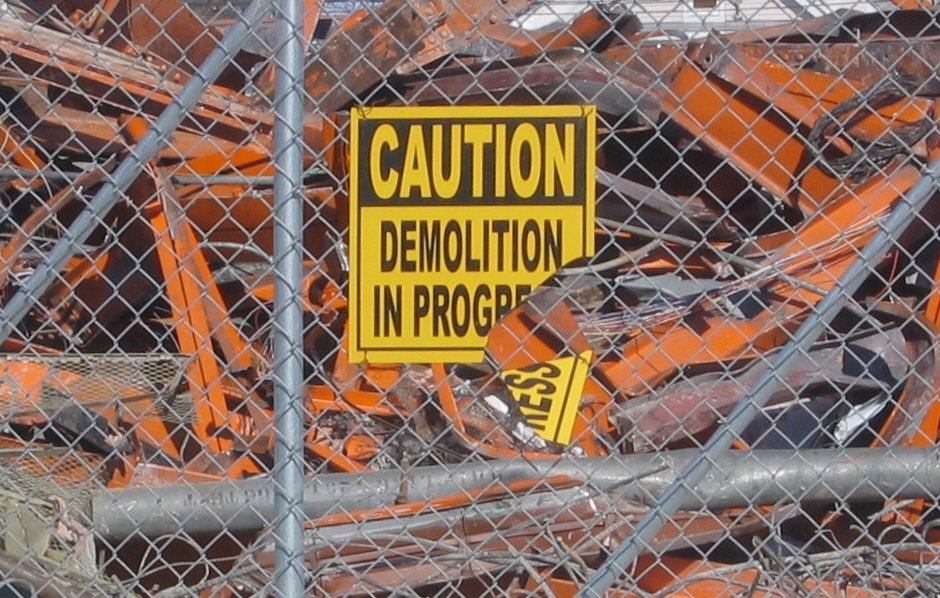

THE latest Daily Links (published yesterday with more to come later today) contain yet more new examples of 35 U.S.C. ۤ 101 'taking out' bad (invalid) patents granted by the U.S. Patent and Trademark Office (USPTO). Courts at all levels are rejecting such patents. District courts, the Federal Circuit, even the USPTO's own Patent Trial and Appeal Board (PTAB), which processes inter partes reviews (IPRs) without interference from SCOTUS (this highest of all courts defended IPRs).
"Alice, which soon turns 6, isn't being challenged by SCOTUS.""SCOTUS is not controlled by patent maximalists," I've told him, "and the same goes for the Federal Circuit under Judge Sharon Prost, so there's not much to correct..."
This kind of trend is why we almost stopped covering US patent cases around December of 2018. It was a conscious decision to focus more on the EPO, instead.
Yesterday the EPO wrote about "Videogaming" again. This is how the EPO is recklessly and shamelessly promoting illegal software patents in Europe these days [1, 2]. The EPO tweeted: "#Videogaming and IP: what are the challenges and how can you overcome them? The recording of our expert #webinar on just that is now available."
"Next month we turn 13.5 years (we started in November 2006) and it's clear that we have not prevented the EPO from granting illegal patents on software."The webinar very clearly spoke about software patents, with the EU too in the mix.
The EPO then tweeted: "Which countries are innovating the most in the field of computer technology? Find out in this analysis of our latest patent statistics: https://bit.ly/DigitalisationIndex … #EPOPatentIndex"
Terms like "computer technology" or "digital technology" -- in the context of patents at least -- nowadays mean illegal monopolies on algorithms (more often than not or just typically). Also see this additional EPO tweet (from yesterday as well). The categories are misleading by design. Many of these are just bogus software patents that courts would toss out. This is how the EPO fakes 'growth'; it even admits that this is the main or sole 'growth' area.
Next month we turn 13.5 years (we started in November 2006) and it's clear that we have not prevented the EPO from granting illegal patents on software. They just keep changing the language they use, but the practice remains the same. So in case anyone still wonders why we focus so much on the EPO, this is why. The EPO keeps gloating about exporting these practices to other continents as well. ⬆